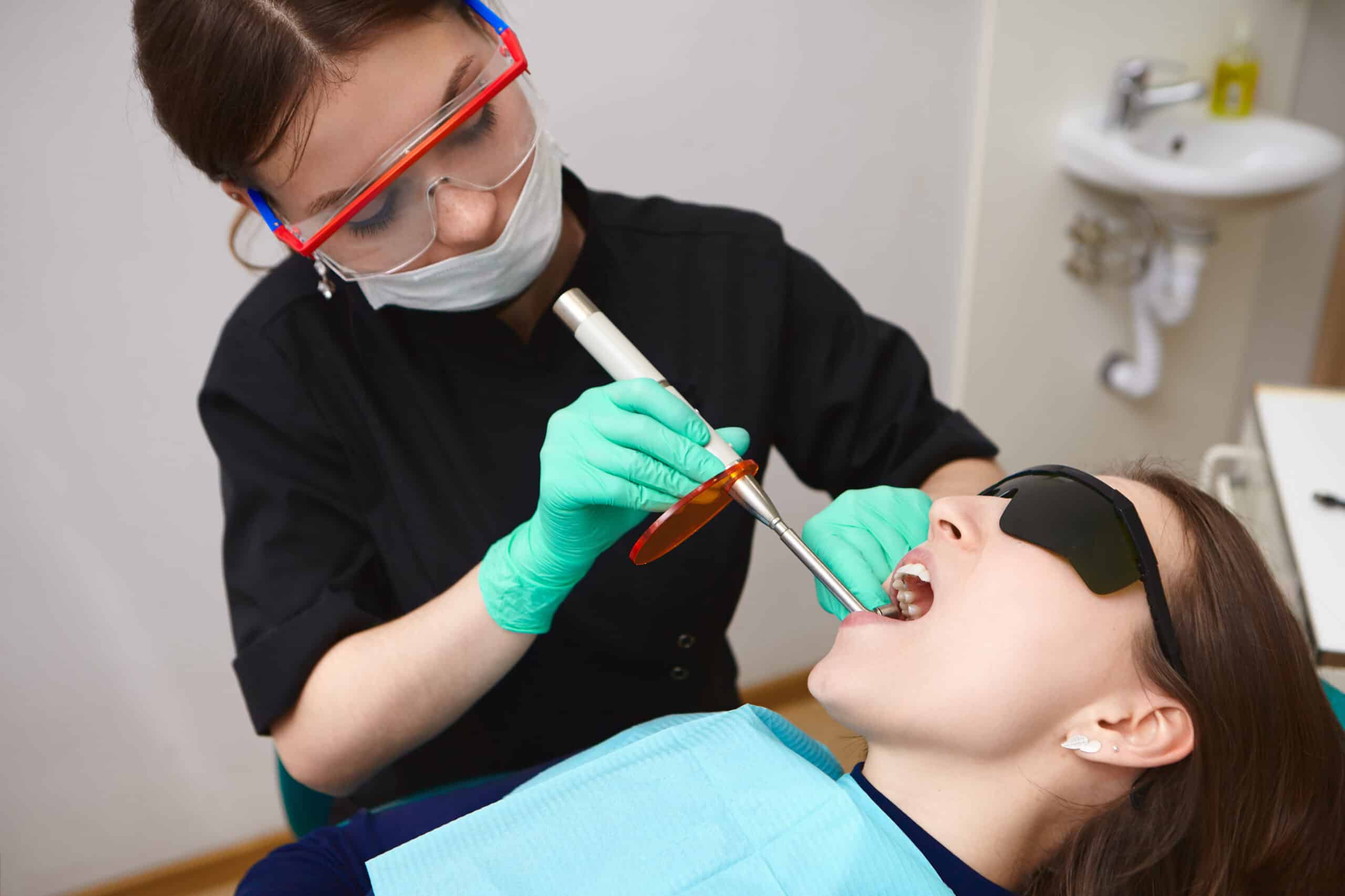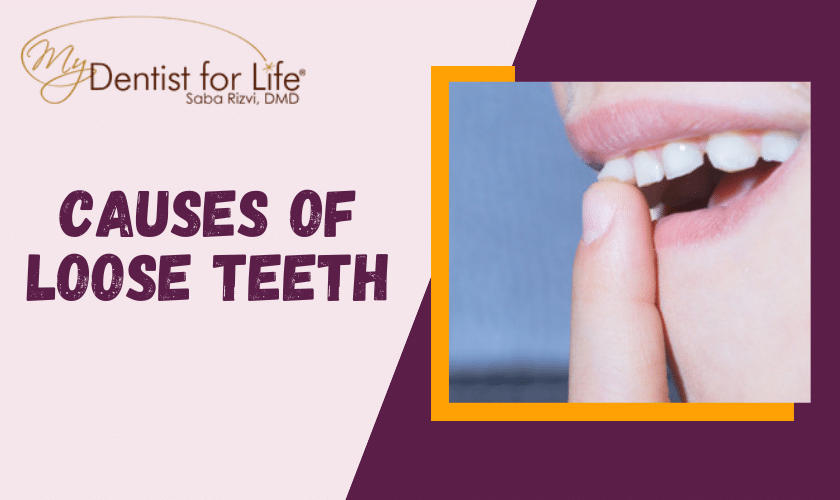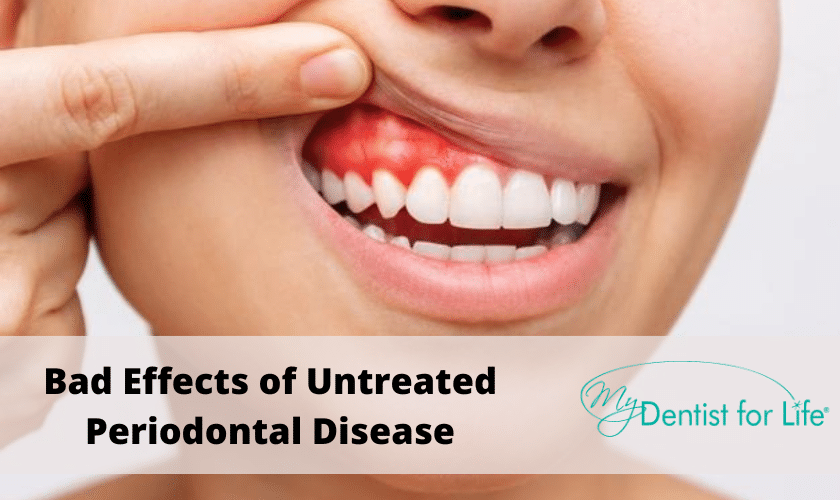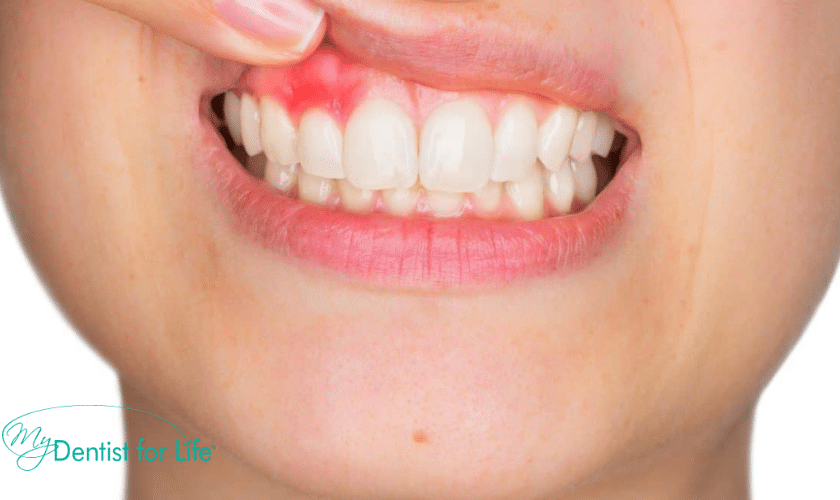ONLINE SCHEDULING AND VIRTUAL CONSULTS AVAILABLE

Periodontal therapy: A Comprehensive Guide To Gum Health

Maintaining good oral health is crucial for overall well-being, and an essential component of this is taking care of our gums. Periodontal therapy, often referred to as gum therapy, plays a pivotal role in preventing and treating gum diseases. In this article, we’ll delve into the importance of periodontal therapy, its various treatments, and how you can ensure healthy gums for a confident smile.
Introduction To Periodontal Therapy
Periodontal therapy focuses on preventing, diagnosing, and treating gum diseases that affect the supporting structures around the teeth. These structures include the gums, bone, and connective tissues. Periodontal diseases can range from mild gum inflammation to severe conditions that can lead to tooth loss if left untreated.
Understanding Periodontal Diseases
Periodontal diseases, commonly known as gum diseases, are primarily caused by bacterial infections. Plaque, a sticky film of bacteria, forms on teeth and, if not removed through regular brushing and flossing, can harden into tartar. This buildup of plaque and tartar leads to gum inflammation, initiating the development of periodontal diseases.
Signs and Symptoms of Gum Diseases
Gum diseases can manifest through various signs and symptoms, such as bleeding gums, persistent bad breath, gum recession, and even tooth mobility. It’s essential to recognize these indicators and seek professional help promptly to prevent further damage.
The Role Of Periodontal Therapy
Periodontal therapy aims to halt the progression of gum diseases, repair damaged tissues, and restore oral health. By addressing the root cause – bacterial infection – and implementing effective treatments, this therapy plays a vital role in preserving the teeth’s supporting structures.
Non-Surgical Periodontal Treatments
Scaling and Root Planing: This deep cleaning procedure involves removing tartar and plaque from above and below the gumline. The roots are also smoothed to prevent bacteria from adhering to them.
Antibiotics and Antiseptics: These treatments help control bacterial infections. They can be administered orally, topically, or directly into gum pockets.
Surgical Periodontal Treatments
- Gingival Flap Surgery: This surgical procedure involves lifting the gums to access and clean the roots thoroughly. It’s beneficial for advanced gum diseases.
- Bone Grafting: In cases where bone loss has occurred, grafting helps regenerate bone and provide stability for teeth.
- Gum Grafting: Receding gums can be addressed through grafting, which restores gum tissue and prevents further recession.
Maintenance And Aftercare
After undergoing periodontal therapy, consistent oral hygiene practices are essential. Regular dental visits, proper brushing, flossing, and a balanced diet contribute to maintaining healthy gums.
Prevention: Key To Healthy Gums
Prevention is the cornerstone of gum health. Daily oral care routines, avoiding tobacco use, managing stress, and a balanced diet can significantly reduce the risk of gum diseases.
Gum health is closely linked to overall health. Periodontal diseases have been associated with various systemic conditions, including diabetes, heart disease, and respiratory issues.
Periodontal therapy is a crucial aspect of maintaining optimal oral health. By understanding the significance of gum health, recognizing the signs of gum diseases, and seeking timely treatment, you can enjoy a confident smile and overall well-being.




